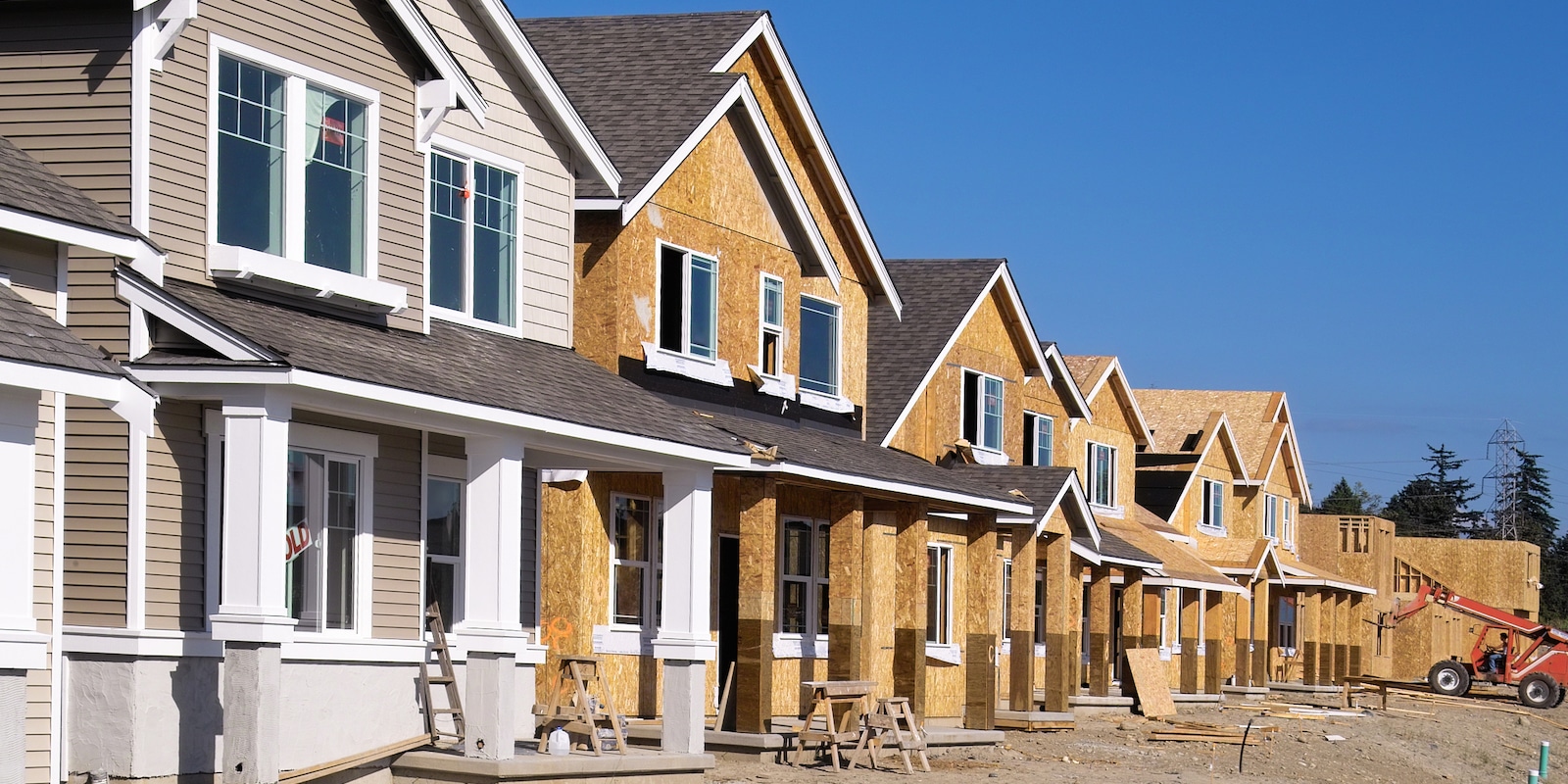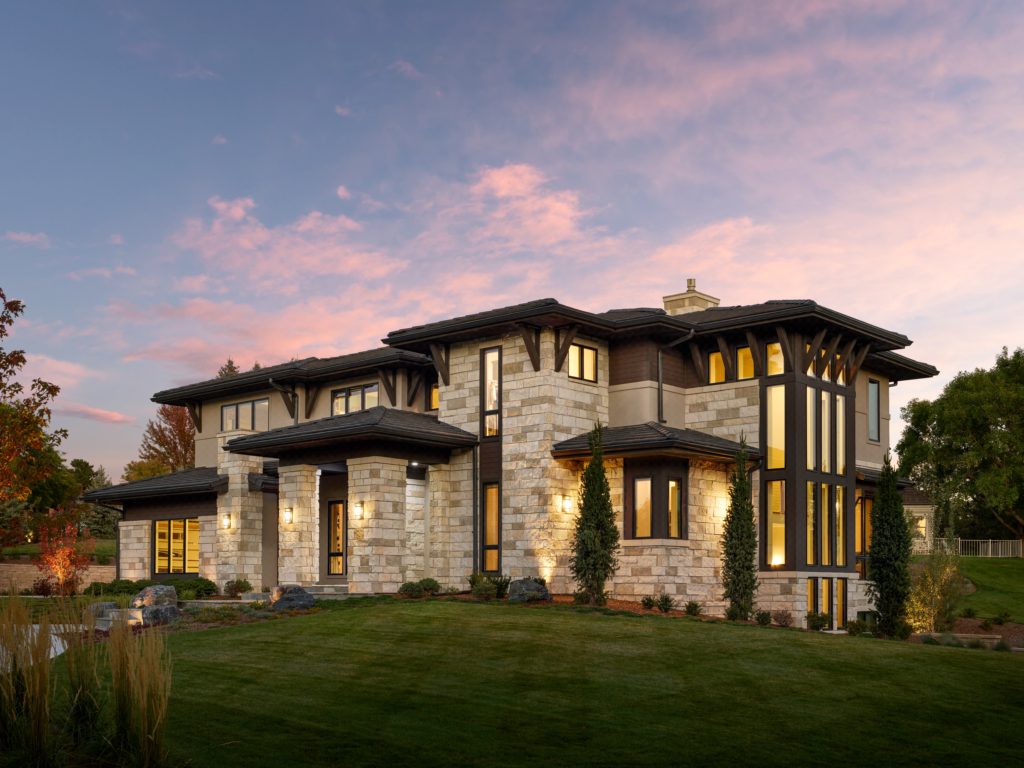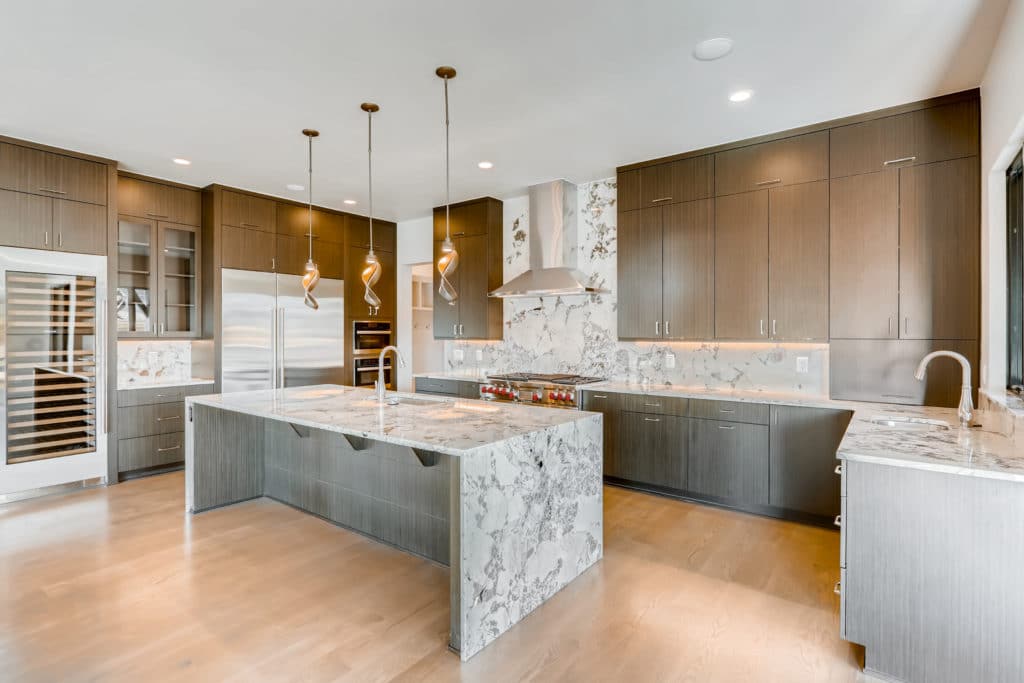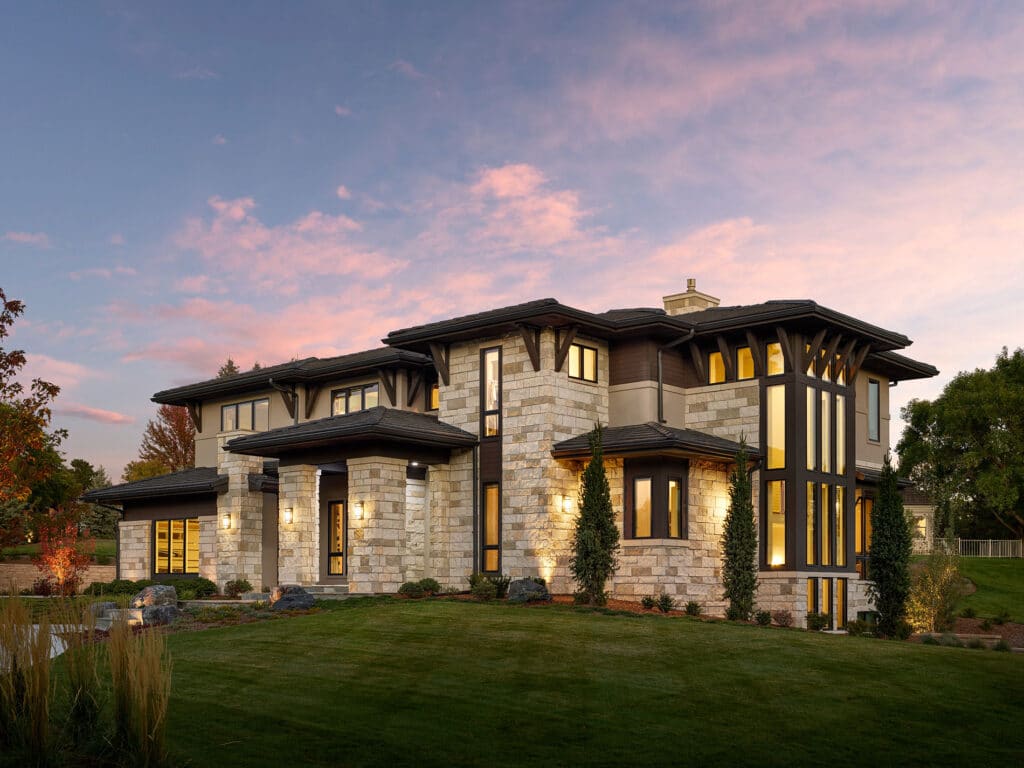- Posts :
Source: Zero Energy Project
When you take steps to build a new home, you’ll be faced with plenty of decisions, typically related to the location, cost, or features of your prospective home. One of the most critical questions to ponder is whether you want to work with a custom or production home builder.
Both custom and production home builders fill a niche in the marketplace, and both have the potential to create a fantastic home for you and your family depending on your individual needs and desires. Let’s get into it.
What’s the Difference Between a Custom and Production Home builder?
The primary difference between custom and production home builders is the client’s (your) ability to determine how much input they have in the eventual design and features of their home in relation to the construction process. Production builders create neighborhoods of homes and use a set amount of floor plans, each of which offers buyers the ability to mix and match limited personalization options. Custom builders work with clients to create unique, individual homes that offer a far greater allowance of choices for buyers, and consequently a much greater ability to customize one’s living space.
What are Production Homes?
Production homes, also known as tract homes, or “cookie-cutter” homes, are built from a set of plans with minimal customization options for purchasers. These homes came into vogue in the era directly after World War II, when returning GIs and their new families needed affordable, quality housing in suburbs across the United States. Perhaps the most famous of these developments is Levittown, NY, which also holds the distinction of being the first production home neighborhood in the United States.
Production Home Advantages
-Potential home buyers save time and effort by virtue of limited available choices.
-Production homes tend to be more affordable due to efficiencies in the construction, marketing, supply acquisition, and sales process.
Production Home Disadvantages
-As a buyer, you give up most of the control over the finished product, both aesthetically and in relation to things like materials quality, craftsmanship, etc.
-Your home will be indistinguishable compared to hundreds or even thousands of homes across the country. While this may not be an issue for many Americans, some buyers, particularly in the luxury/high-end home market want their living space to reflect their dreams, needs, and personality.
-The locations you may choose for your home are severely limited when compared to custom homes, with the vast majority of production homes sitting in large suburban or exurban neighborhoods with cheaper land costs.
What are Custom Homes?
Custom homes are those homes that are designed specifically for home buyers by a hired specialist, like an architect or custom home builder. These homes vary in size, shape, location, and features, but they have one thing in common- they are built to buyer specifications, rather than the tract or “cookie-cutter” plans offered by production builders.
Custom Home Advantages
-Complete Personalization. The primary advantage of having a custom home built is that the end result suits your individual needs perfectly. With tract homes, you have to either luck out or do without when it comes to the features of the home matching your desires.
This complete customization includes the ability to build your home to your specifications, including critical features like home size, room types and layout, finishes and materials, interior and exterior features like game rooms, patios, backyard islands, etc.
-Long term savings. If you’ve ever taken on a substantial home renovation project, you know that money and time costs are not cheap. Labor, retail materials, and the time you spend dealing with contractors and architects are all necessary to renovate a home to meet your needs. With a custom home, you are able to get it right the first time, avoiding issues related to construction or renovations down the line.
Custom Home Disadvantages
–Upfront costs may be higher than a production home due to the nature of custom home building and the time and effort involved on the part of builders.
-Some custom homes can have trouble selling, especially if they are radically different from the norm when it comes to design, aesthetic quality, or features- for instance, not everyone wants a bowling alley in their basement or an Olympic size swimming pool. This is not a problem for customized homes that follow a more traditional/popular model.
How to Decide Between a Custom or Production Home
There are few decisions more personal than those involving your home and living space. As such, the decision to purchase a custom or production home should in large part be determined by your individual circumstances and where you’re at in life. Let’s take a look at some of the main considerations.
Cost
Production homes are available for buyers at all income levels, from small starter homes to high-end luxury options in gated communities. Custom homes are also available at all buyer entry points but tend to congregate at the higher end of the spectrum in terms of price. This is due to the added complexity- and higher-quality product that tends to result from a custom build.
Another thing to keep in mind when performing a cost comparison between a custom/luxury home and a production home is that with a custom build you have much more control over resale factors. You can choose options that will make the home attractive to buyers down the line, increasing resale value, and reducing time on the market should you decide to sell.
Location
Your desired location should also be a major factor in determining whether you want a custom or production home. In many cases, new construction production homes sit in large plots of in the suburbs and exurbs of major metropolitan areas- places where land is plentiful and cheaper than areas closer to urban cores. Options widen dramatically with custom home construction, with the potential to build almost anywhere- from a snowy Colorado mountain to an oddly-shaped lot in downtown Seattle.
Personal Preference
Production homes have come a long way since the days of Levittown, with many builders offering several floor plans alongside limited customization options. With that being said, custom homes offer far more freedom when it comes to creating a purpose-built living space. If you want something a little out of the ordinary, like a dog run for your pups, or a backyard bocci court- you have the option of adding those things to your home. Many people are fine living in a home with the standard amenities, but for those buyers who need something extra, custom might be the way to go.
Conclusion
When considering the merits of custom versus production homes, it all comes down to your individual needs and where you’re at in life. In many cases, production homes require lower upfront expenditures, at the expense of available customization options. They also draw from smaller pool of geographic locations, as production homes tend to be built in bulk, for sale to the widest possible buyer pool.
Custom homes offer prospective homeowners to design a purpose-built living space, in the location of their choice, with far more control over the usability and eventual resale value of their property.
Found the perfect lot? Already own land? Call us today to schedule your free feasibility estimate! Know your total project cost before you commit to any decisions. We pride ourselves on a customer-oriented experience, always putting your needs first. You can reach the Thomas Sattler Homes Sales Team at Call (720)449-3562 or online at ThomasSattlerHomes.com.




